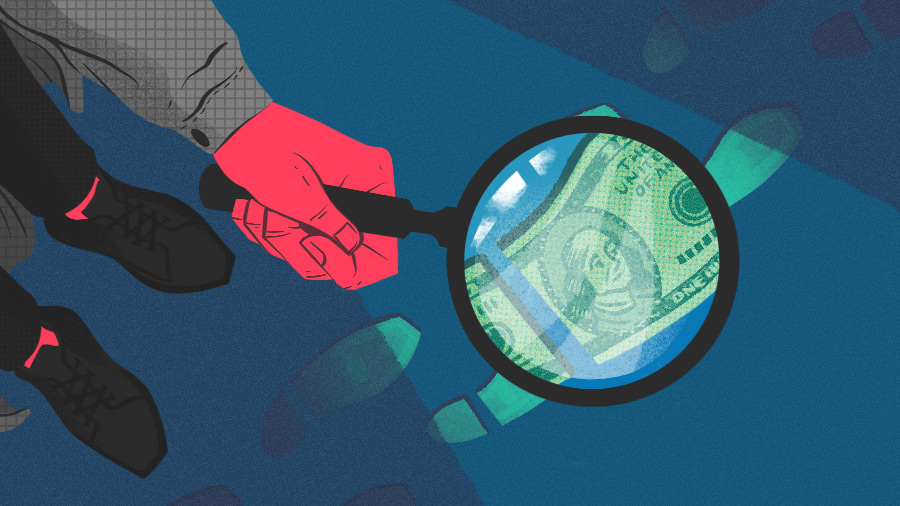The four most valuable American companies have enough capital to acquire any startup they desire.
But despite their deep coffers, Apple, Amazon, Google and Microsoft aren’t doing a lot of buying.
So far this year, the “Big Four” have made just five acquisitions of private, venture-backed companies, per Crunchbase data. Of those, none were known unicorns and only one had a disclosed purchase price. That indicates the rest were smaller deals by tech giant standards.
Search less. Close more.
Grow your revenue with all-in-one prospecting solutions powered by the leader in private-company data.
The largest startup purchase came in January, when Google bought New York-based security automation and response provider Siemplify for $500 million. Founded in 2015, Siemplify previously raised $58 million in venture funding.
In addition to that deal:
- Amazon bought GlowRoad, an India-based reseller that had previously raised over $30 million, and Veeqo, a U.K.-based provider of e-commerce fulfillment tools that had pulled in over $9 million.
- Microsoft purchased Minit, a Slovakia-based provider of process mining tools that had previously raised around $10 million.
- Apple acquired Credit Kudos, a U.K.-based provider of tools for measuring creditworthiness that previously raised around $9 million.
Considering that the Big Four have over $300 billion in cash among them, and a collective market cap of over $6 trillion, their 2022 startup M&A activity looks conspicuously small potatoes. That said, they’re not the only ones holding back on buying sprees.
According to Crunchbase data, M&A activity involving VC-backed startups has fallen since last year. In 2021, there were more than 3,000 M&A deals globally involving a VC-backed company getting bought. Halfway through the third quarter of this year, just under 1,600 startups have found a mate in the market.
The declines are more dramatic in the U.S. Last year, just fewer than 1,700 VC-backed startups were bought, per Crunchbase. This year has only seen 745 such deals.
The slowdown in dealmaking comes as both public and private tech company valuations have been trending lower. So, while startup price tags might look like a bargain compared to a year ago, prospective buyers are also down.
Among the Big Four, shares of Amazon and Google have shed over one-fourth their values from peaks hit in November. Apple and Microsoft are also down from their highs, but less so. (It should also be noted that not long ago, we also included Meta/Facebook in the list of most valuable tech companies, but no longer. Its shares have lost more than half their value in the past year, with the company now worth around $440 billion.)
So far this year, the most valuable tech names have been far spendier when it comes to buying other publicly traded companies.
Microsoft, for instance, made the biggest M&A deal in its history, announcing in January that it had inked an agreement to acquire video game giant Activision Blizzard for $68 million.
Amazon has spent $5.6 billion buying two companies: robot vacuum-maker iRobot and primary care clinic provider One Medical. Google, meanwhile, spent $5.4 billion to buy publicly traded cybersecurity provider Mandiant in March. The search giant also acquired Raxium, a Silicon Valley startup developing technology used in augmented reality displays, for a reported $1 billion this year. Raxium does not have known venture funding, per Crunchbase data.
For now, it’s unclear what would have to transpire for the Big Four to become more active startup buyers. While lower price tags could offer some incentive, cost isn’t historically the primary driver for tech giants. They’ve long shown a willingness to pay handsomely for assets they really want.
For startup founders, then, it’s probably best to take the exit strategy known as “sell to Google” off the table for the moment. While that certainly could happen, it’s looking like an increasingly unlikely outcome.
Illustration: Dom Guzman

Stay up to date with recent funding rounds, acquisitions, and more with the Crunchbase Daily.






![Illustration of a guy watering plants with a blocked hose - Global [Dom Guzman]](https://news.crunchbase.com/wp-content/uploads/quarterly-global-3-300x168.jpg)
67.1K Followers